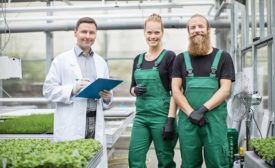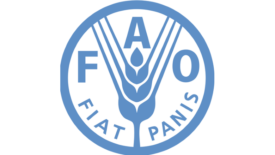Management
Food safety and quality are not just the responsibility of one team; they are the shared responsibility of every individual within the organization
Read More
Developing Food Safety Leadership Skills: Building the Workforce of Tomorrow
What does it take to be a great food safety leader?
February 13, 2024
Food Safety and Quality Considerations in the Production of Plant-Based Meat Alternatives
Each step during manufacturing and distribution introduces potential challenges and opportunities for maintaining food safety and quality of plant-based meat products
February 13, 2024
Root Cause Analysis: Putting It to Work for You
Investing the time and effort to clearly define the problem that needs to be solved is a critical step in getting to the true root cause
Deb Kane M.S.
John Butts Ph.D.
Natalie Dyenson
Brendan A. Niemira Ph.D.
Tim King M.S., M.A.
Tim Jackson Ph.D.
February 9, 2024
Never miss the latest news and trends driving the food safety industry
eNewsletter | Website | eMagazine
JOIN TODAY!Copyright ©2024. All Rights Reserved BNP Media.
Design, CMS, Hosting & Web Development :: ePublishing










